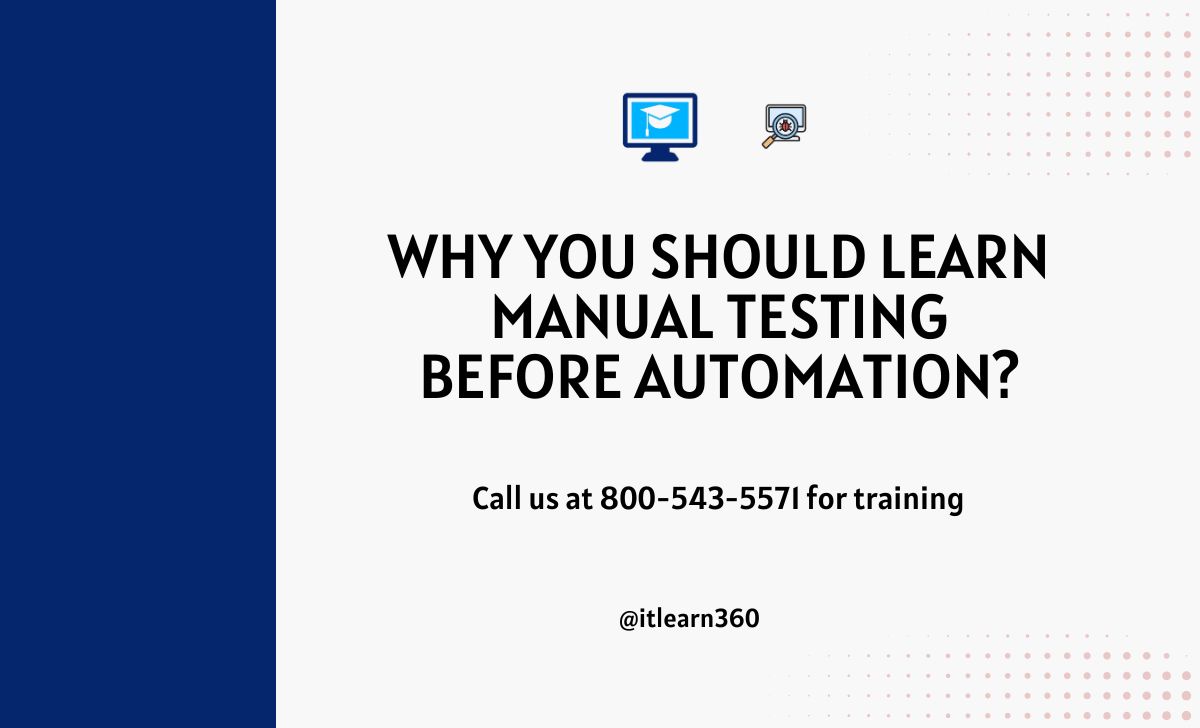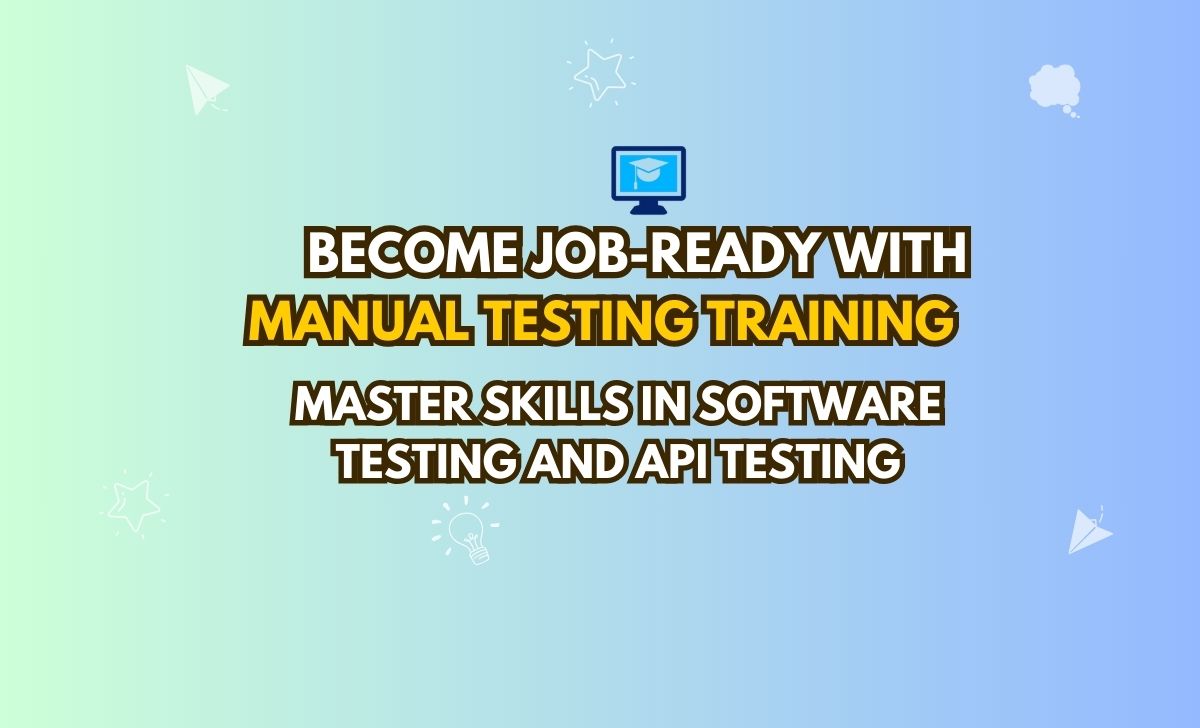Certifications are a great way to show off your skills, improve your resume, and stand out in the field of data engineering. They give you a plan for learning and show that you want to become an expert in the field. This article lists the top data engineering certifications, categorized by foundational, cloud-based, and advanced specializations.
1. Foundational Certifications
These certifications cover the essential skills and concepts needed for beginners in data engineering.
- Google Associate Cloud Engineer
- Overview: It focuses on basic cloud infrastructure tasks, such as deploying and monitoring applications on the Google Cloud Platform.
- Why It’s Important: A great starting point for those exploring cloud-based data engineering.
- Microsoft Azure Data Fundamentals (DP-900)
- Overview: Provides foundational knowledge of core data concepts and Azure data services.
- Why It’s Important: Introduces key concepts in cloud data storage and processing.
- Certified Data Management Professional (CDMP)
- Overview: Focuses on data governance, management, and quality.
- Why It’s Important: Covers the theoretical aspects of data handling, a core skill for data engineers.
Takeaway: Start with foundation certifications to build a strong foundation in cloud and data concepts.
2. Cloud-Based Certifications
Cloud platforms are essential for modern data engineering. Certifications from these certifications validate your ability to work with cloud-native tools.
- Google Professional Data Engineer
- Overview: Covers data pipeline design, machine learning models, and data-driven decision-making in GCP.
- Why It’s Important: A leading certification for cloud data engineers focusing on advanced GCP capabilities.
- AWS Certified Data Analytics – Specialty
- Overview: Focuses on data lakes, analytics tools, and big data pipelines in AWS.
- Why It’s Important: Essential for engineers working in AWS environments.
- Microsoft Azure Data Engineer Associate (DP-203)
- Overview: Covers data storage, processing, and optimization using Azure tools.
- Why It’s Important: Ideal for those building data pipelines in Azure environments.
Takeaway: Cloud certifications make you more credible and help you use platform-specific tools.
3. Big Data Certifications
Big data certifications hold significant importance in the management and processing of large-scale datasets.
- Cloudera Certified Professional Data Engineer (CCP Data Engineer)
- Overview: Tests your ability to work with Hadoop, Spark, and other big data tools.
- Why It’s Important: Recognized as a challenging certification that validates advanced big data skills.
- Databricks Certified Data Engineer Associate
- Overview: Focuses on using Databricks to optimize and automate data pipelines.
- Why It’s Important: Ideal for engineers working in Spark-based environments.
- Hortonworks Data Engineer Certification
- Overview: Covers Hadoop, Hive, and Pig for big data ecosystems.
- Why It’s Important: Tailored for engineers specializing in distributed data processing.
Takeaway:
Big data certifications enable massive, rapid data processing.
4. ETL and Workflow Certifications
Data pipeline creation is based on ETL and workflow tools, which are the foundation of data pipeline creation. These certifications show that you are good at orchestrating data flows.
- Apache Airflow Certification (Unofficial)
- Overview: Focuses on designing and managing workflows using Apache Airflow.
- Why It’s Important: Essential for engineers automating ETL pipelines.
- Talend Data Integration Certification
- Overview: Covers data integration techniques using Talend.
- Why It’s Important: Widely used in enterprise ETL processes.
Takeaway: It is imperative for engineers who are responsible for data preparation and movement tasks to possess ETL certifications.
5. Advanced Certifications
These certifications are specifically designed for engineers aspiring for leadership or highly specialized positions.
- SnowPro Advanced: Data Engineer Certification
- Overview: Validates skills in designing, optimizing, and managing data warehouses in Snowflake.
- Why It’s Important: Recognized for cloud-based data warehouse expertise.
- Certified Kubernetes Application Developer (CKAD)
- Overview: Demonstrates expertise in deploying and managing containerized applications using Kubernetes.
- Why It’s Important: Critical for engineers working in cloud-native environments.
- Certified Machine Learning Specialist (CMLS)
- Overview: Covers the integration of data pipelines with machine learning models.
- Why It’s Important: Prepares you for roles involving AI and predictive analytics.
Takeaway: Advanced certifications help you achieve greater success in specialized or leadership roles.
6. How to Choose the Right Certification Path
Follow these steps to align certifications with your career goals:
- Evaluate Your Current Skill Level: Start with foundational certifications if you’re new to the field.
- Define Your Career Path:
- Cloud Engineer? Focus on AWS, Azure, or GCP certifications.
- Big Data Specialist? Choose Cloudera or Databricks certifications.
- Plan for Specialization: Pursue advanced certifications once you gain hands-on experience.
7. Certification Costs and Timelines
- Foundational Certifications: $100–$200, completion time 1–2 months.
- Cloud and Big Data Certifications: $300–$600, completion time 2–4 months.
- Advanced Certifications: $600–$1,500, completion time 4–6 months.
Pro Tip: Opt for certification bundles or training programs to reduce costs.
Conclusion
Certifications are a significant investment in your data engineering career. From foundational credentials to advanced specializations, these credentials validate your skills and open doors to lucrative opportunities. It is important to choose certifications that match your career path in order to remain competitive in this field.







